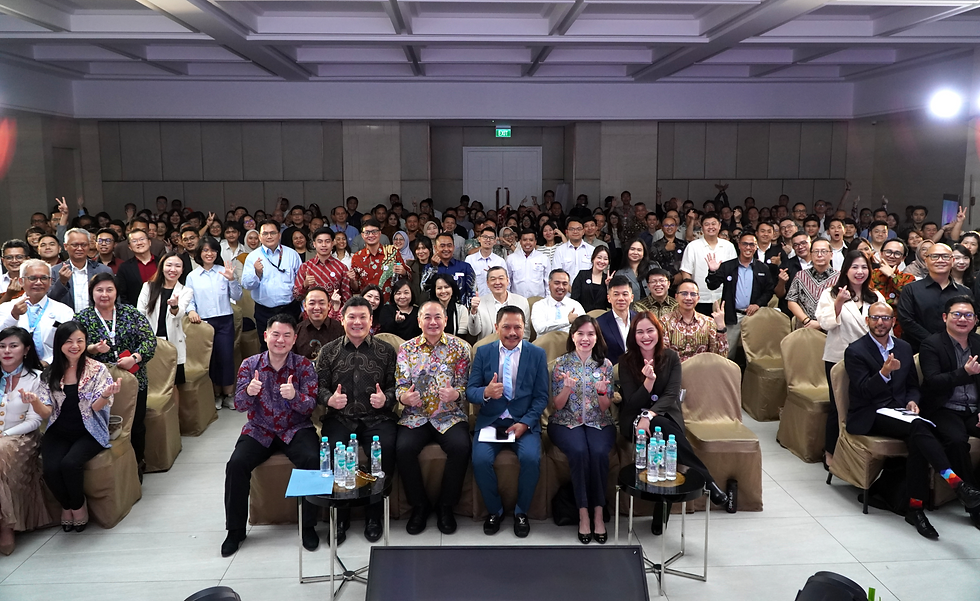AI and Diversity, Equity, and Inclusion (DEI) in the Workplace
- TechConnect

- Nov 30, 2023
- 3 min read

Picture source: Training Industry
Artificial intelligence (AI) has the potential to revolutionize almost every industry. It also poses significant risks to society and humanity, so solid guidance and resources from both the public and private sectors are critical to ensuring its positive impact. One area where AI can help or hinder progress is in companies' diversity, equity, and inclusion (DEI) efforts. DEI fosters a culture where differences are respected and everyone feels valued and included. Artificial intelligence (AI) is a breakthrough technology characterized by its genderless and emotionless nature. AI systems are designed to make decisions based on data and independent of human bias. On the surface, unbiased AI appears to be the perfect tool to advance DEI goals.
Positive Potential
There are several ways AI can be used to accelerate DEI efforts in the workplace. This includes improving recruitment and performance management processes, detecting bias in content, and identifying patterns of discrimination. AI can be used at nearly every point in the hiring process, from onboarding to pipeline management to employee experience and engagement. By replacing quantitative surveys with more nuanced analysis of qualitative employee feedback, companies can better understand their employees and identify patterns of discrimination. Furthermore, properly trained AI can have a deeper and more comprehensive understanding of individuals than administrators. AI can accurately understand each person's situation and problem, make decisions by considering specific parameters, and reach consensus beyond managers.
Negative Potential
AI can help advance DEI, but it poses risks if not designed and implemented correctly. AI can perpetuate existing biases, and its capabilities are determined by the data on which it is trained. It's important to understand what data was used to train the AI and whether the authors considered how biases in the data could affect the results. When AI is used not just to supplement or support manual processes, but to have full control and decision-making, and when people don't fully understand how AI makes those decisions, bias can arise. It can persist and be strengthened. It is also important to realize that AI, although trained, cannot replace a DEI practitioner. AI can only be used to specifically extend expertise. Because DEI is based on human experience, companies cannot allow the convenience of AI to override the human element when making stock decisions.
Risk Mitigation
To ensure responsible and ethical AI innovation that supports DEI efforts, companies must use safe and secure AI innovations, such as diverse and representative datasets, regular audits, transparent AI systems, and clear ethical guidelines. One of the biggest problems with generative AI is that it is extreme scale AI. Training AI models at extreme scale is expensive, and few companies can do it without external funding. This concentrates power in the hands of a few companies and creates higher levels of bias and risk. This new R&D funding could alleviate the financial challenges of properly training generative AI, and also allow small and medium-sized businesses with higher levels of cultural competency to ensure that the tools do not promote bias.
As with many cutting-edge innovations, it's not about the technology being good or bad. The potential for AI to positively or negatively impact a company's DEI efforts depends on how it is developed, used, and monitored. Through the use of AI, there is an opportunity to create a more equitable and diverse workforce, reduce potential risks, and use it for the greater good - it all depends on the user.
Source: Forbes, Magnit





Comments